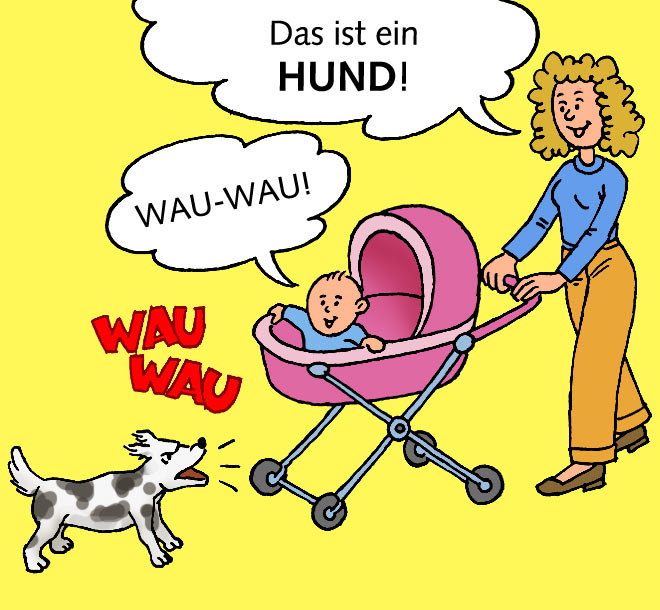1) combinations with the verb fordern
fordern means “haben wollen, verlangen, to demand” and it should be used in formal occasions: ich fordere die Erklärung / die Entschädigung / die Erstattung der Kosten. auffordern zu / zu + Infinitive means “to make somebody do something”: ich habe die Nachbarn zur Ruhe aufgefordert / ich habe die Nachbarn aufgefordert, die Musik leiser zu machen / ich habe einen Jungen zum Tanzen aufgefordert. anfordern means something like “bestellen” just in a formal way and related to some important papers: ich fordere eine Kopie meines Arbeitsvertrags an. erfordern means something like “brauchen”, however, it should be used only with things: diese Aufgabe erfordert hohe Konzentration.
2) combinations with the verb räumen
The verb räumen comes from the word Raum which means Zimmer or – which is more important in this context – space (space where you put something). The verb räumen has everything to do with the word space because it implies “to make some space”. We can Bücher vom Tisch räumen (move books from the table and thus make some free space on the table), Wäsche in den Schrank räumen (to put it on some particular space), you can also das Zimmer / die Wohnung räumen (remove all furniture and leave it empty and then move somewhere else) or you can also say die Polizei räumte die Straße (so that there are no people or things on the street any more). Apart from this, the verb räumen can also appear with some prefixes and transform into aufräumen, einräumen and ausräumen. You most probably already know what aufräumen means and that you can dein Zimmer aufräumen (return every thing on its place) but did you know that you could also deinen Koffer aufräumen (to put it aside after you come from a trip and don’t need it any more). Also, if you are using a dish washing machine, sooner or later you might want to say that you put the dish in it: das Geschirr in den Geschirrspüler einräumen or es aus dem Geschirrspüler ausräumen (put in and take out something from somewhere – a machine, a container, case etc so that it remains empty). There is also abräumen – for example: den Tisch abräumen (nach dem Essen).
3) You already know what kaputt means. But do you know how to say when something is old and ruined by time? Here are some words that might be interesting for you: vergilbt (Fotos, Papiere, Gardinen, Farbe); durchgessesen (Bett, Sofa); baufällig (Gebäude, Haus, Treppe); marode (Wirtschaft, Firma, Gebäude).
4) variation of die Tür aufmachen (to open the door) / zumachen (to close the door):
die Tür aufbrechen (to break open): der Einbrecher bricht die Tür auf.
aufgehen: die Tür geht auf (by itself).
die Tür aufschieben (to push open): die Tür war gepolstert und er schiebt sie vorsichtig auf. die Tür aufreißen (to open with one violent move): Jemand stand vor der Tür. Viktor atmete tief durch und riss die Tür auf. die Tür zuschlagen (to slam): das Mädchen war böse und schlug hinter sich die Tür zu.
5) variations with the same root: gespannt = curious (people), tight (situations) (ich bin gespannt, ob es ihr gelingt / die Lage wird immer gespannter); angespannt = tense, stressed (ich bin so angespannt, dass ich nicht mehr richtig atme) / tight (die Finanzlage ist angespannt); entspannt = relaxed (er ist ein total entspannter Typ; wir sehen die Entwicklung sehr entspannt); spannend = exciting, interesting (der Film ist spannend).
6) variations of schlafen:
einschlafen = to start sleeping (das Kind ist eingeschlafen); ausschlafen = to sleep enough (ich habe ausgeschlafen); durchschlafen = to spend sleeping (du hast die Tage durchschlafen); verschlafen = not to stand up on time (ich habe verschlafen) / to spend sleeping (sie hat den ganzen Vormittag verschlafen) / to miss (einen Termin, eine Verabredung, die Revolution) ; schlaftrunken, verschlafen = sleepy





